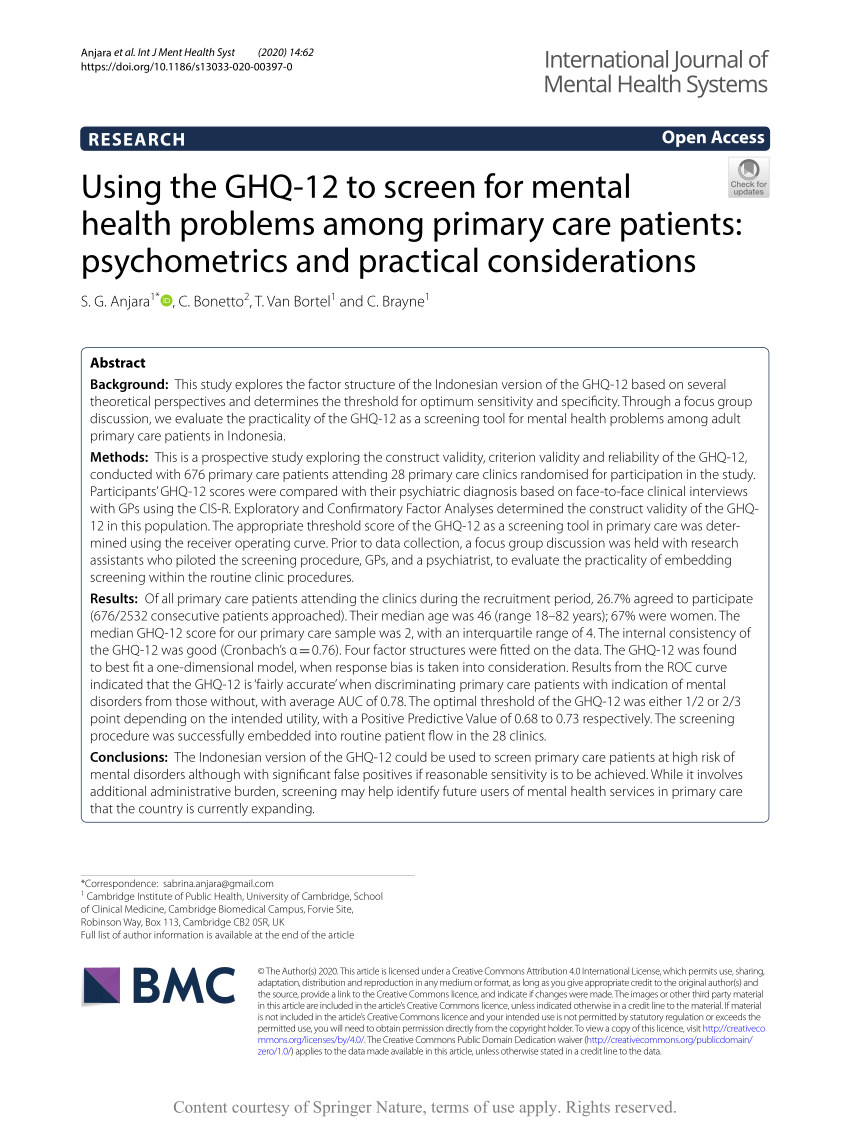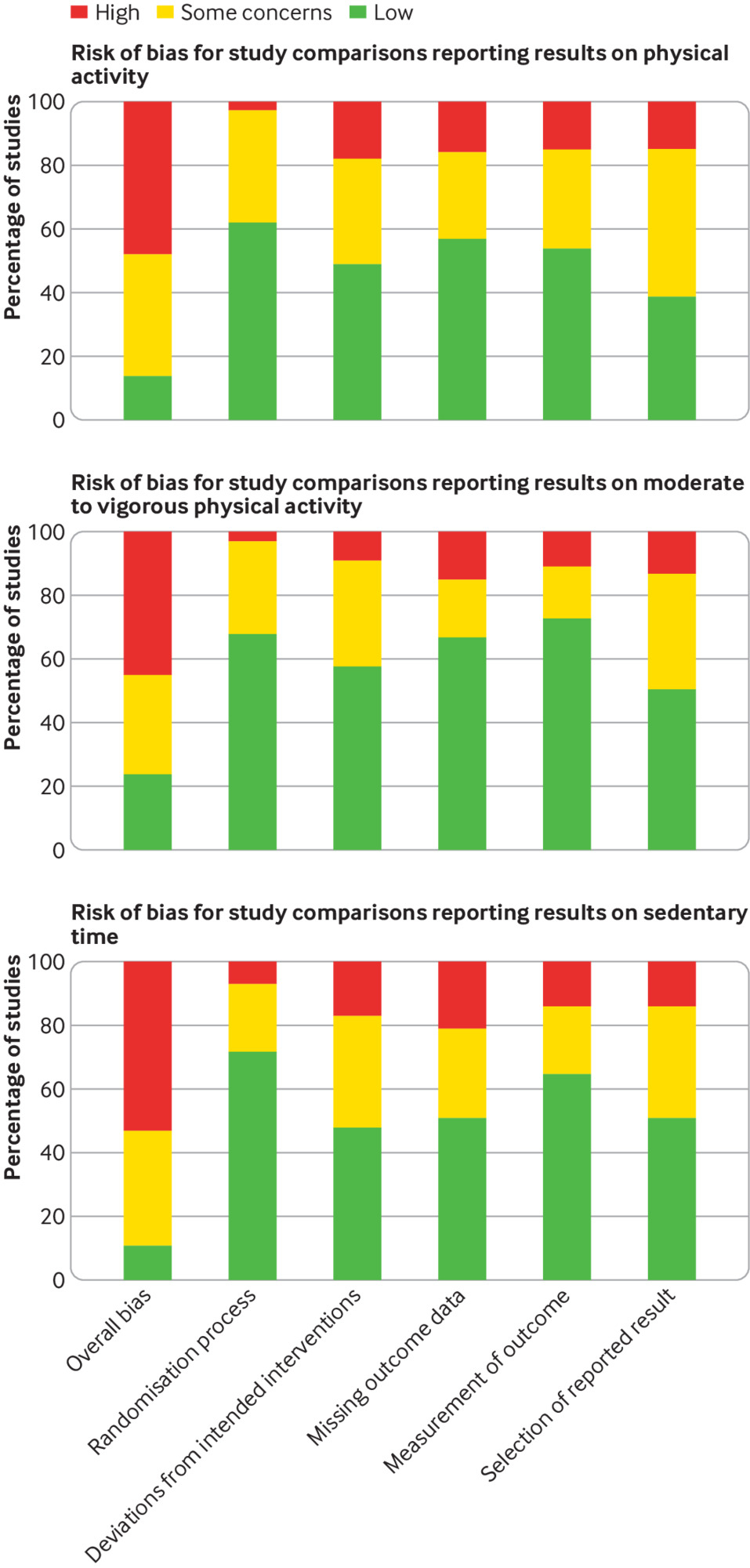A secondary analysis of clinical trial data found that an intensive lifestyle intervention with sustained weight loss may help reduce cardiovascular risk among patients with type 2 diabetes (T2D) who are overweight or obese. These findings were published in eClinicalMedicine.
In this analysis, data from the Look AHEAD study (Clinictrails.gov identifier: NCT00017953), which was a multicenter randomized controlled clinical trial, were analyzed. Patients (N=4312) with T2D who were overweight or obese were randomly assigned to receive an intensive lifestyle intervention (ILI) with a goal of 7% or greater body weight loss (n=2194) or diabetes support and education (n=2118). Patients were stratified by the time in range (TIR) of their weight loss goal. The cardiovascular outcomes of patients with IRR of 0% (n=727), between 0% and 50% (n=656), and between 50% (n=811) were compared with the support and education cohort in diabetes (DSE) using a propensity score matching approach.
The patient cohorts were well balanced. Patients had a mean age of 57.9 to 59.8 years, 53.9% to 62.7% were female, and BMI was 35.6 to 36.5 at baseline.
During a median follow-up of 9.5 years, the main composite outcome of cardiovascular death, nonfatal myocardial infarction (MI), nonfatal stroke, or hospitalization for angina occurred among 352 ILI and 342 DSE participants. No significant difference was seen between groups for the primary outcome (hazard ratio [HR], 0.99; 95% CI, 0.85-1.15; P = .883).
Stratified by IRR, the incidence rates of the primary outcome progressively decreased from 19.5% in the 0% group to 18.9% in the greater than 0% to 50% group and from 14.5% in the more than 50% compared to 15.7% and 15.6%. , and 19.5% in the matched DSE groups, respectively.
Compared with matched controls, the greater than 50% group was associated with a decreased risk for the primary outcome (adjusted HR [aHR], 0.55; 95% CI, 0.40-0.76; P <0.001); cardiovascular death, nonfatal myocardial infarction, or nonfatal stroke (aHR, 0.41; 95% CI, 0.28-0.61; P < 0.001); all-cause death, nonfatal MI, nonfatal stroke, or hospitalization for angina (aHR, 0.56; 95% CI, 0.42-0.74; P < 0.001); and death from any cause, nonfatal myocardial infarction, nonfatal stroke, hospitalization for angina, coronary artery bypass grafting, percutaneous coronary intervention, hospital admission for heart failure, carotid endarterectomy, or peripheral vascular disease (aHR, 0.60 95% CI, 0.46-0.78, P < 0.001).
The 0% cohort was associated with an increased risk of death from any cause, nonfatal myocardial infarction, nonfatal stroke, hospitalization for angina, coronary artery bypass grafting, percutaneous coronary intervention, hospital admission for heart failure, carotid endarterectomy or peripheral vascular disease (aHR, 1.27, 95% CI, 1.01-1.59, p = 0.038).
Similar results were seen in a sensitivity analysis when the control group was also stratified by IRR.
This study may have included some selection bias, as the ability to maintain weight loss after the study intervention may have been influenced by psychological or social factors.
“…among overweight [or] obese adults with type 2 diabetes, the cardiovascular effects of ILI are not apparent if they have an IRR of 0% to 50%, whereas those with an IRR of greater than 50% to 100% are at increased risk. significantly fewer cardiovascular events compared to matched participants who underwent DSE,” the study authors wrote. “These findings provided new evidence for the recommendations contained in the current guidelines and emphasized the importance of maintaining lower body weight after achieving weight loss through improvements in diet and physical activity.”
Reference
Liu M, Huang R, Xu L, et al. Cardiovascular effects of intensive lifestyle intervention in overweight/obese adults with type 2 diabetes according to body weight over time. Electronic Clinical Medicine. Published online May 26, 2022. doi:10.1016/j.eclim.2022.101451
How effective is lifestyle changes for diabetes?
Lifestyle changes can delay or prevent the development of type 2 diabetes in patients with obesity and glucose intolerance. The risks improve with weight loss and increased physical activity. A decrease of 7% to 10% or more from the initial weight can have a significant effect.
Can diabetes be reversed with lifestyle changes? Although there is no cure for type 2 diabetes, studies show that it is possible for some people to reverse it. Through dietary changes and weight loss, you may be able to achieve and maintain normal blood sugar levels without medication. This may interest you : Lifestyle Score can benefit AMD patients at risk for severe visual loss. This does not mean that it is completely cured.
How effective are lifestyle changes in the prevention of type 2 diabetes mellitus?
Lifestyle changes can reduce diabetes risk by about 40% and, overall, prevent about four out of 100 high-risk people from developing type 2 diabetes each year. This may interest you : Dobbs rule is an attack on women’s health, a healthy health culture. The risk remained low for an average of seven years after the intervention, but the effects diminished over time.
How lifestyle changes can help diabetes?
An active lifestyle helps you control your diabetes by lowering your blood sugar level. It also reduces the chances of getting heart disease. On the same subject : Contessa Partners & Memorial Hermann Health System Providing Home, Hospital-Based Care. Also, it can help you lose extra pounds and relieve stress.
Can type 2 diabetes be helped by lifestyle changes?
You can improve your overall health, lower your blood sugar levels, and reduce your chance of having a heart attack or stroke by changing your diet and activities. Here are some things you can do to stay as healthy as possible after you’ve been diagnosed with type 2 diabetes.
How the experience of living with diabetes affects individuals in different ways?
You may feel that you have lost control or that you have to change your lifestyle and give up certain hobbies. At the same time, these changes can affect your self-esteem, and your roles at home and work may also change. All of these factors can contribute to the development of depression or anxiety.
How does diabetes affect a person’s daily life? When diabetes is not well controlled, the blood sugar level rises. High blood sugar can damage many parts of your body, including your eyes, heart, feet, nerves, and kidneys. Diabetes can also cause high blood pressure and hardening of the arteries.
How does diabetes affect an individual socially?
Sometimes people can feel anxious and experience stress and diabetes. Hypoanxiety, for example, means fearing situations in which they might have low blood sugar, a fear that might make a person want to avoid social situations.
What is the impact that attitudes and Behaviours of others may have on an individual with diabetes?
What is the impact of diabetes stigma? Stigma and discrimination can lead to worse health outcomes. People with diabetes report feelings of fear, shame, guilt, anxiety, and low self-esteem as a result of being stigmatized.
What is the best lifestyle for a diabetic?
Our top 10 tips
- Choose healthier carbohydrates. All carbohydrates affect blood glucose levels, so it is important to know which foods contain carbohydrates. …
- Eat less salt. …
- Eat less red and processed meat. …
- Eat more fruits and vegetables. …
- Choose healthier fats. …
- Reduce added sugar. …
- Be smart about snacking. …
- Drink alcohol sensibly.
What lifestyle changes can help with diabetes? Eat healthy. Focus on eating only what your body needs. Eat plenty of vegetables, fruits, and whole grains. Choose fat-free dairy products and lean meats. Limit foods that are high in sugar and fat.



